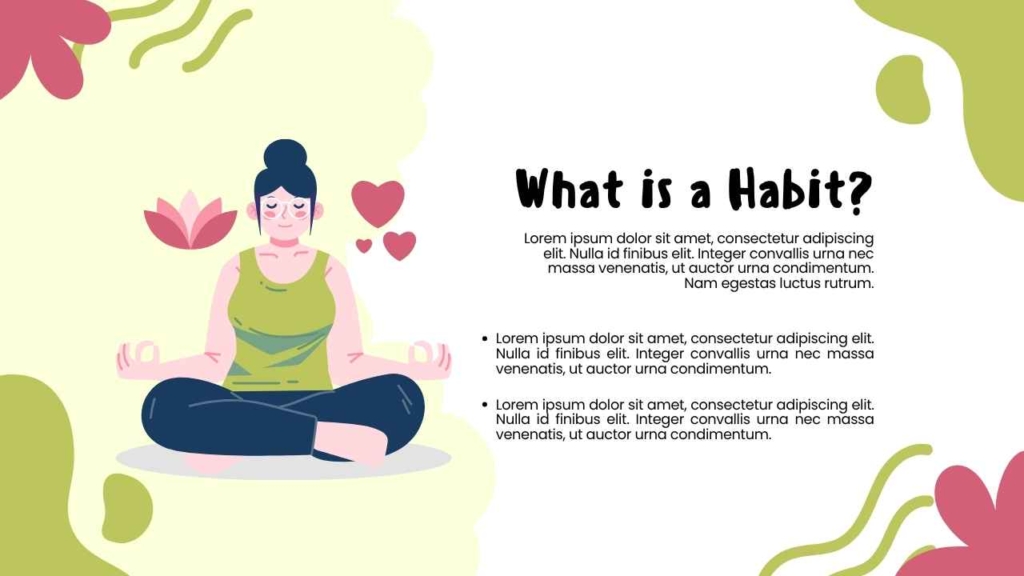In today’s fast-paced world, the ability to build good habits effectively is essential for personal and professional success. This article explores the practical methods and scientific principles behind forming habits that stick.
What Are Good Habits?
Good habits are behaviors that are beneficial and positive, contributing to an individual’s overall well-being and productivity. Examples include regular exercise, healthy eating, and consistent time management. Understanding what constitutes a good habit is the first step toward making it a part of your daily routine.
Why Are Good Habits Important?
Establishing good habits is crucial for several reasons:
- Improved Health: Good habits like regular exercise and a balanced diet promote physical health.
- Increased Productivity: Implementing effective time management habits can lead to better work efficiency.
- Enhanced Well-being: Positive habits often lead to better mental health and emotional stability.
When Is the Best Time to Start Building Good Habits?
While any time can be right to start building good habits, many people choose significant dates such as New Year’s Day, or their birthdays as motivational kick-offs. However, studies indicate that the best time to build lasting habits is when you feel ready and motivated to change.
Where to Begin with Habit Formation?
Effective habit formation begins with identifying areas in your life you wish to improve. Focus on specific behaviors you want to adopt rather than vague intentions.
| Behavior Change Areas |
|---|
| Health & Wellness |
| Personal Development |
| Professional Skill-building |
How to Build Good Habits Effectively?
To build good habits effectively, consider the following actionable strategies:
- Start Small: Break habits down into manageable tasks that are easy to start.
- Be Consistent: Aim to perform the new habit daily or at a set frequency to establish a routine.
- Use Reminders: Set reminders or use apps to keep track of your progress and stay accountable.
- Track Your Progress: Maintain a journal or use digital tools to monitor your commitment.
- Reward Yourself: Celebrate small victories to reinforce the behavior you are trying to establish.
Conclusion: The Path to Effective Habit Formation
Building good habits effectively is a journey that requires patience and persistence. By understanding the principles behind habit formation and employing practical strategies, you can develop positive behaviors that enhance your life. Remember, the key to success is consistency and motivation, so be gentle with yourself as you navigate this transformative process.














